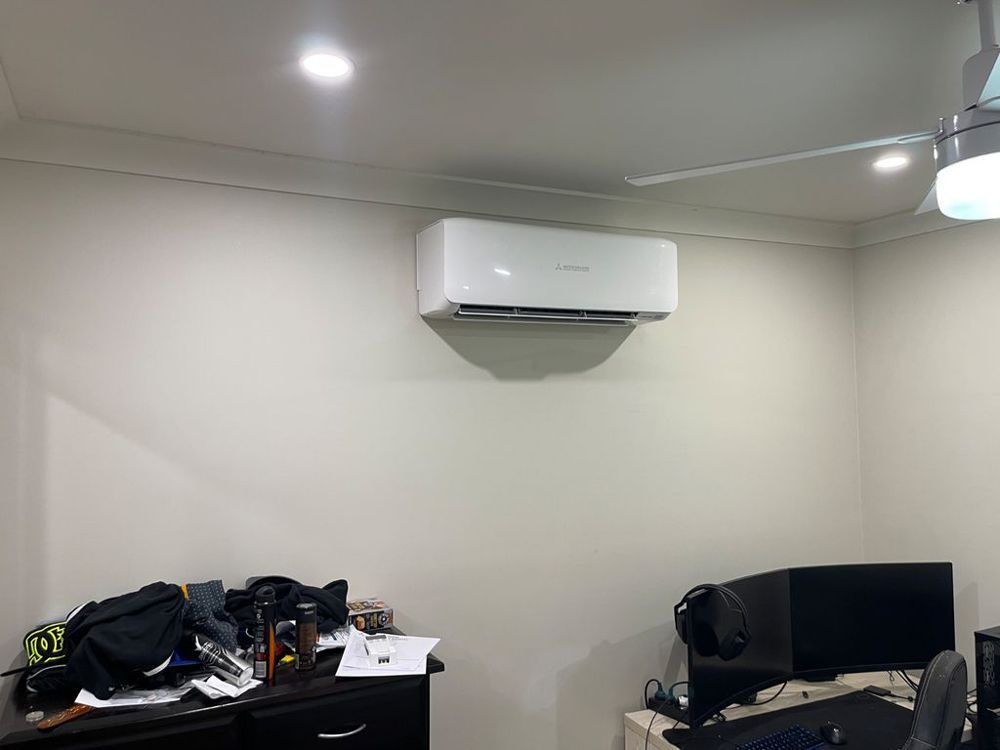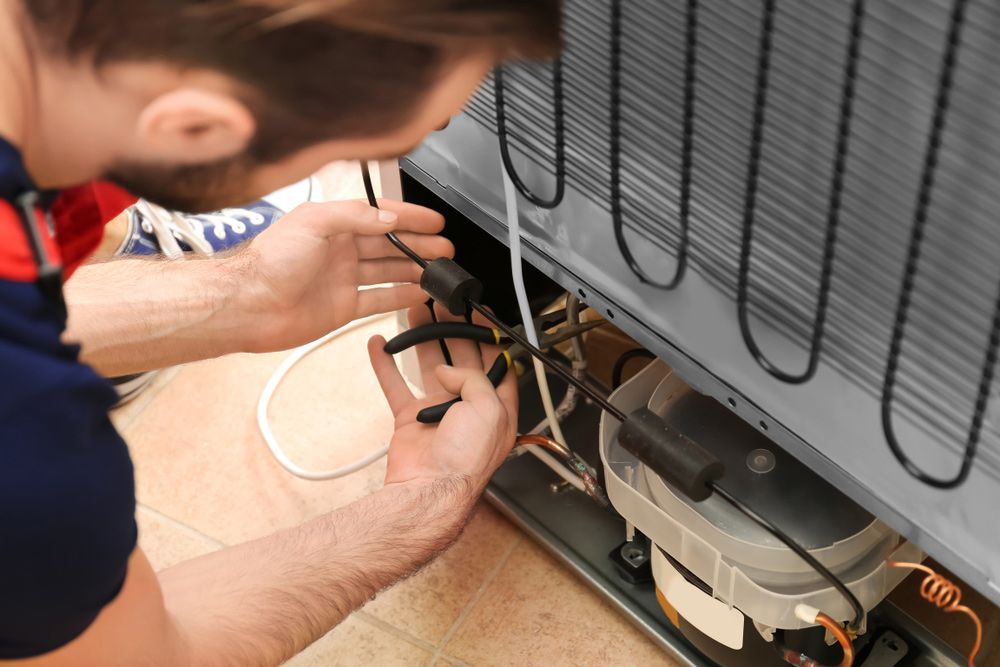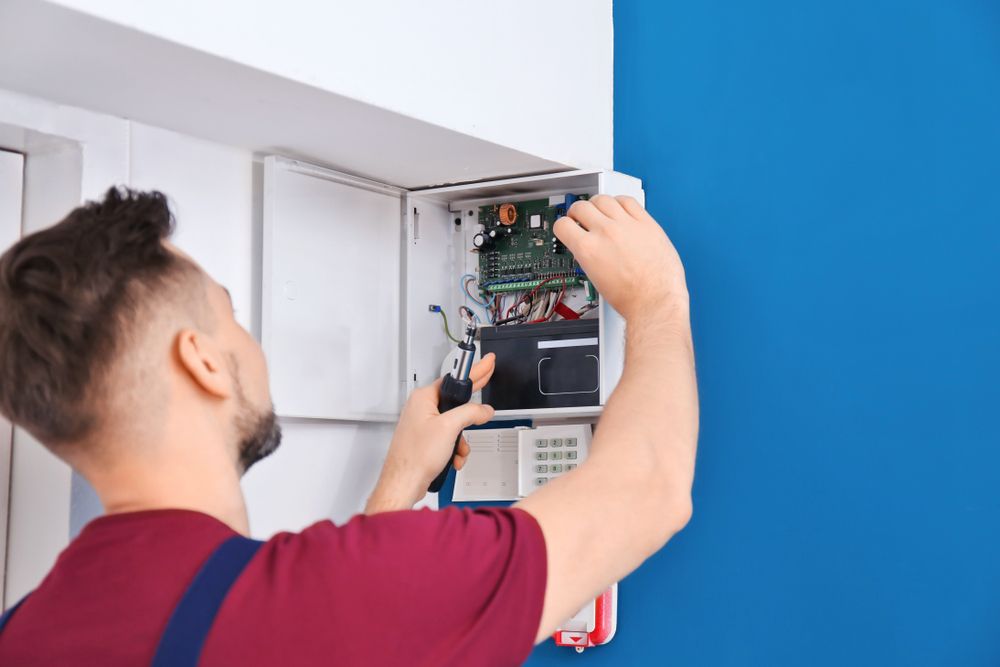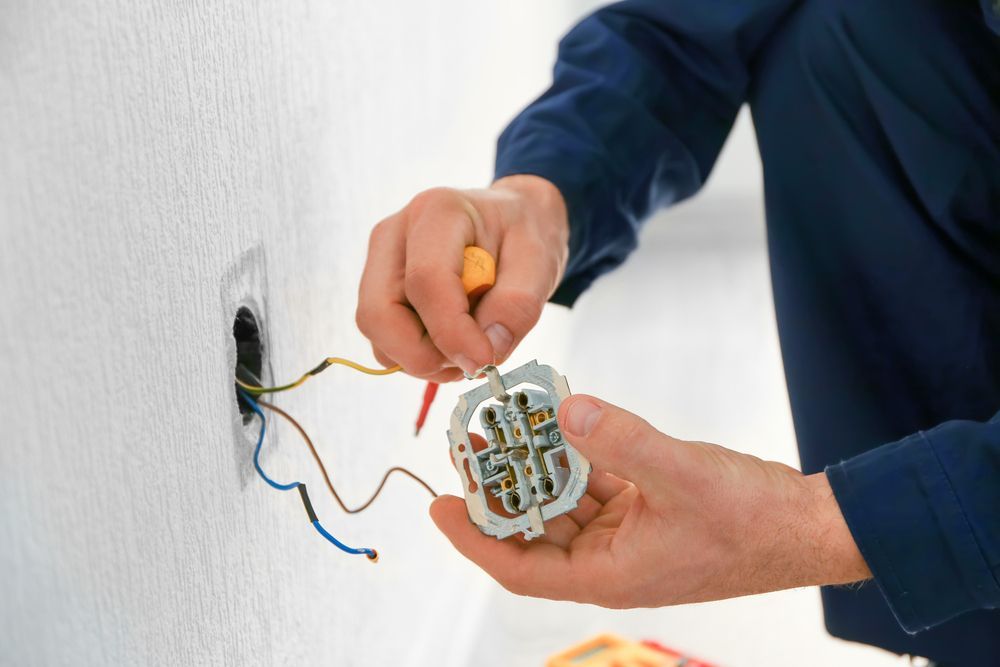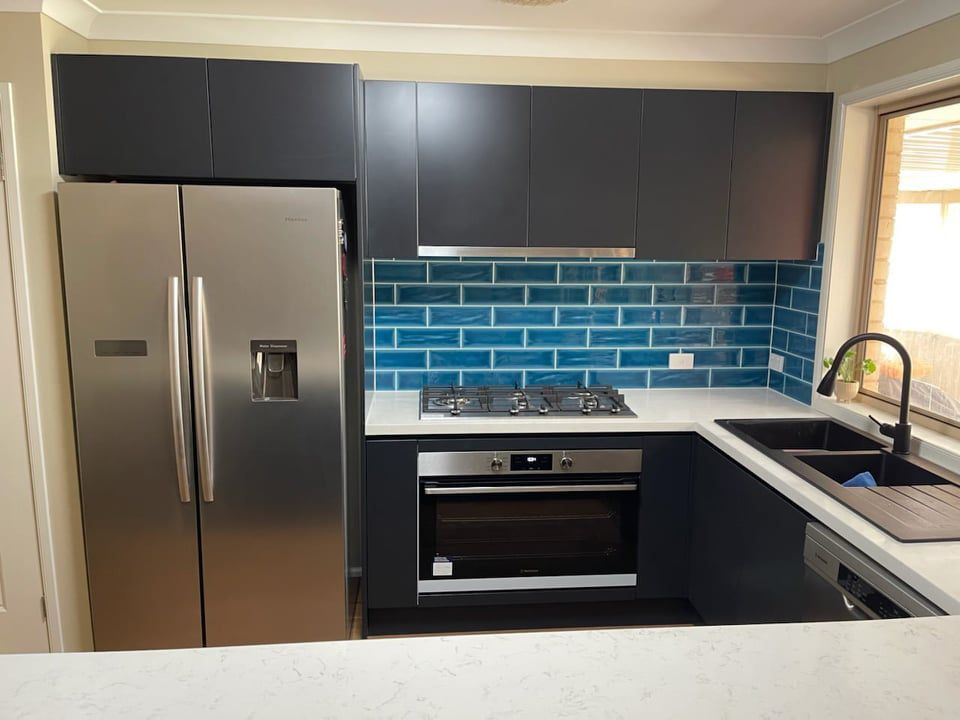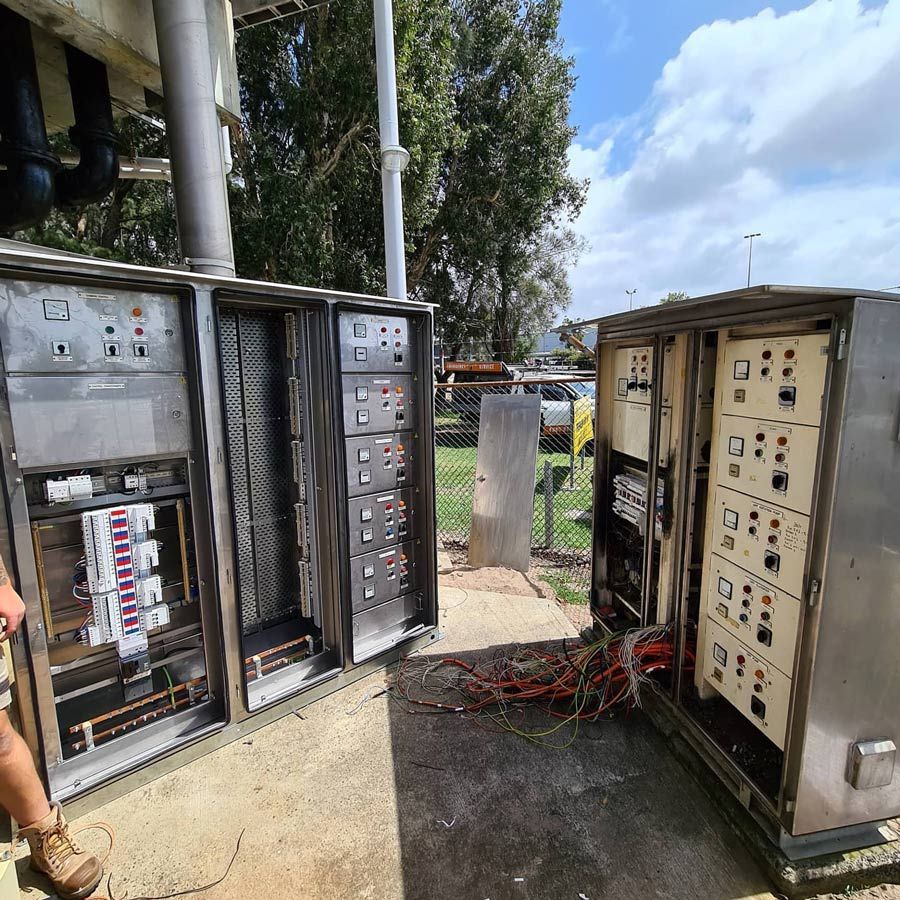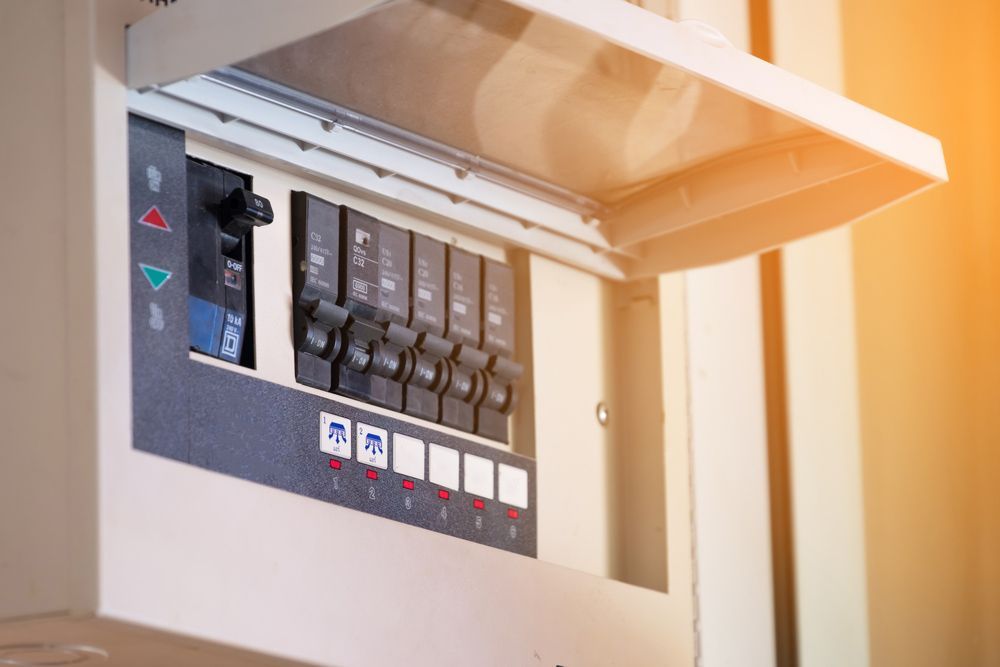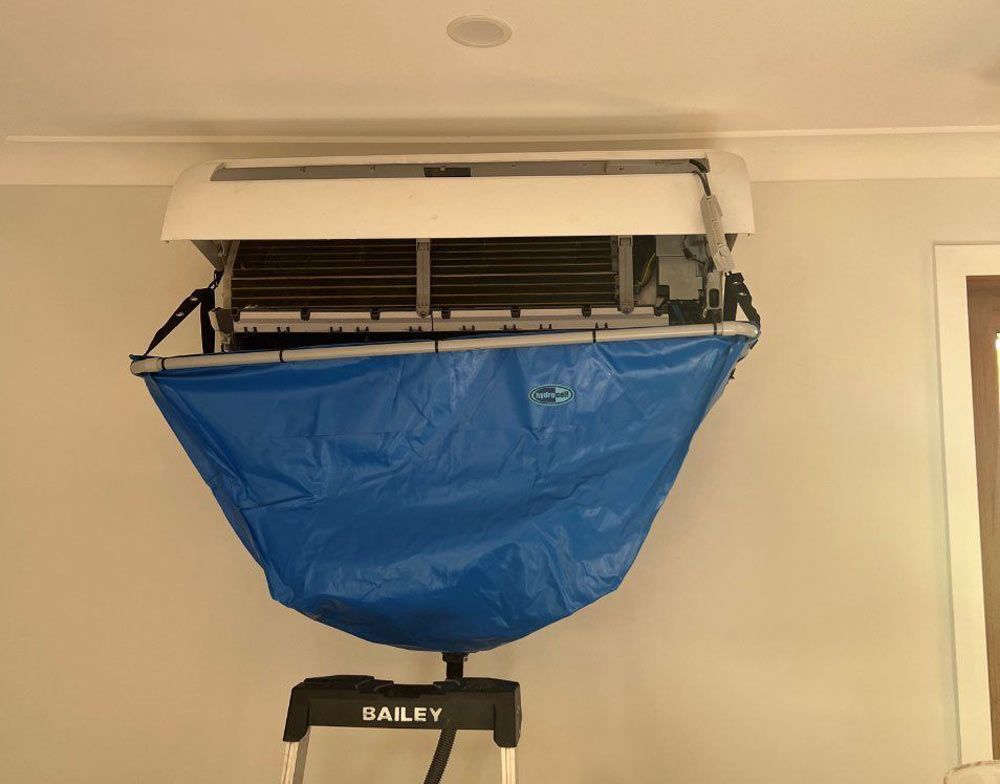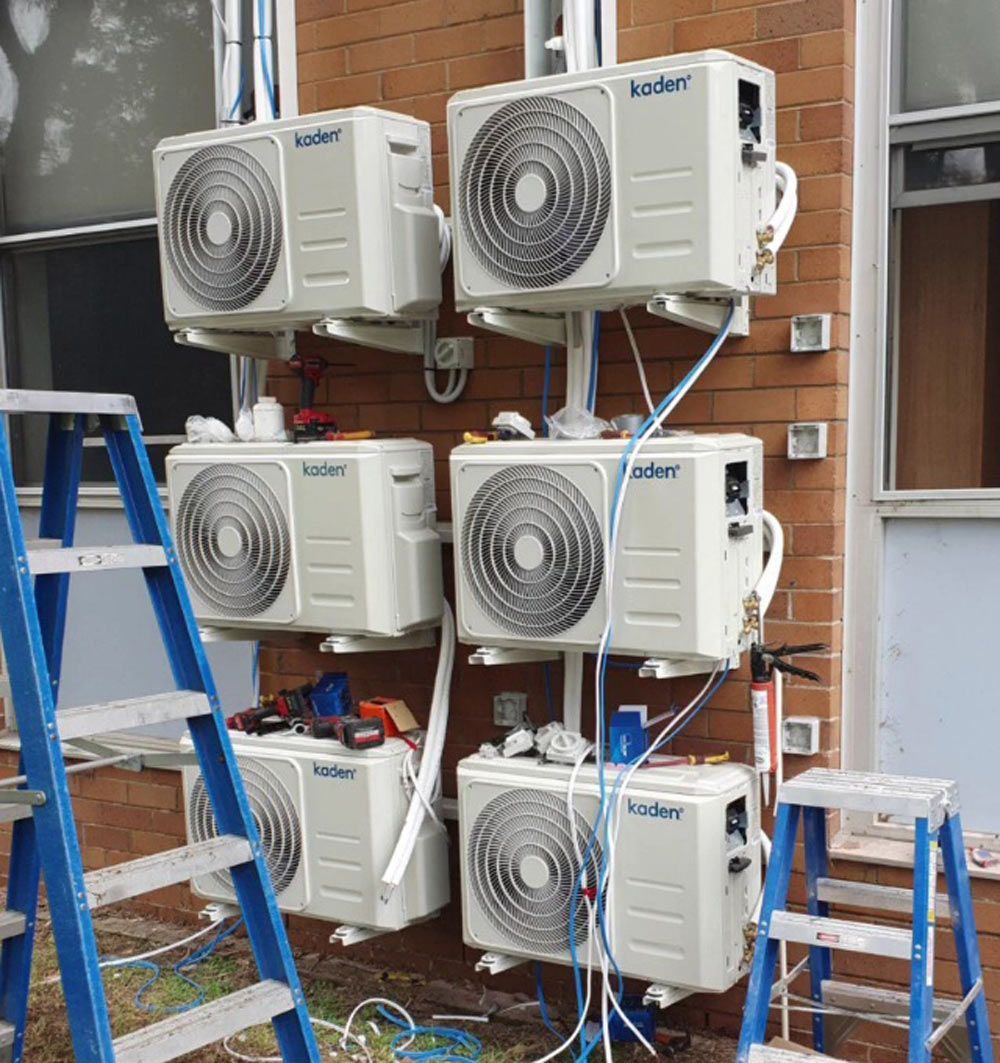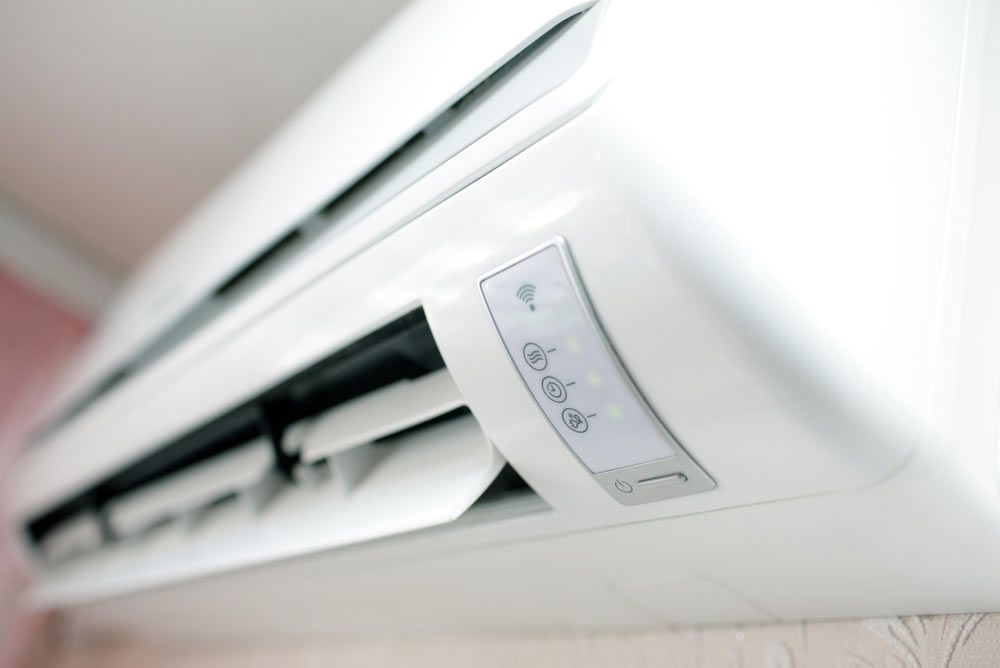Difference Between Industrial, Commercial And Domestic Electricians
In today's interconnected world, electrical systems form the backbone of our daily lives. Electricians play a crucial role in ensuring everything works efficiently and safely, from powering our homes to keeping industries running smoothly. However, not all electricians are the same. Understanding the differences between
industrial,
commercial and
domestic electricians can help determine which professional you need for your specific project. In this blog post, we’ll explore these differences in detail.
Scope Of Work
Industrial electricians are primarily involved in installing, maintaining and repairing electrical systems in factories, plants and other industrial settings. They can handle high-voltage systems, complex machinery and large-scale electrical installations. Their work often involves troubleshooting and maintaining equipment that is essential for production processes.
On the other hand, commercial electricians focus on electrical systems in commercial buildings like offices, retail stores and restaurants. Their tasks include installing lighting systems, power outlets and electrical panels. Domestic electricians work in residential settings. They install, maintain and repair electrical systems in homes. Their work includes wiring new houses, installing lighting fixtures, power outlets and circuit breakers. They can also perform safety inspections for homes.
Cost And Budget Considerations
When considering the services of electricians, it's important to understand the cost implications associated with each. Industrial electrical work tends to be the most expensive due to the complexity, scale and high safety standards required for such projects. The need for specialised equipment and extensive training also contributes to higher costs. Additionally, industrial projects often require ongoing maintenance and frequent upgrades to keep machinery and systems running efficiently, which can add to the overall expense.
Commercial electrical work, while generally less costly than industrial, still involves significant investment. Commercial electricians adhere to stringent building codes and standards. From installing advanced lighting solutions to setting up air conditioning systems, the costs can add up. Domestic electrical work is typically the most affordable, with costs varying based on the specific needs of the homeowner. Simple repairs and installations are relatively inexpensive, but larger projects like whole-house rewiring can be more costly.
Design And Planning Capabilities
Design and planning are foundational aspects of any successful electrical project. Industrial electricians have the capability to create detailed and comprehensive blueprints for complex machinery and high-voltage systems. This requires a deep understanding of the industrial environment, the specific needs of the machinery and adherence to stringent safety regulations. Effective planning ensures all components are integrated seamlessly, minimising downtime and optimising operational efficiency.
Commercial electricians also need strong design and planning skills to address the diverse needs of office buildings, retail spaces and other commercial properties. Their work involves designing electrical layouts that support the functionality and safety of these spaces, including the installation of lighting, power systems and emergency services. For domestic electricians, planning involves designing efficient and safe electrical systems for new homes, renovations and upgrades. They ensure all installations comply with residential building codes and meet the specific requirements of homeowners, from basic wiring to advanced home automation systems. Effective design and planning by electricians across all sectors ensure electrical systems are functional and safe.
Communication And Collaboration
- Industrial Electricians: Collaborate with engineers, plant managers and other tradespeople to integrate electrical systems seamlessly into industrial operations.
- Commercial Electricians: Work closely with building owners, architects and contractors to ensure that electrical installations meet the specific needs of commercial properties.
- Domestic Electricians:
Communicate with homeowners to understand their requirements and provide solutions that enhance the safety and functionality of their homes.
Project Duration
The duration of electrical projects can vary significantly, depending on the complexity and scale of the work involved. Understanding typical timelines helps in planning and managing expectations:
- Industrial Electricians: Projects can span from several weeks to months, depending on the complexity and size of the industrial setup.
- Commercial Electricians: Timelines vary from a few days for minor upgrades to several months for large-scale commercial installations.
- Domestic Electricians: Home electrical projects typically range from a few hours for simple repairs to a few weeks for major renovations or new installations.
Skills and Qualifications
The skills and qualifications required for electricians vary significantly across the three sectors. Industrial electricians typically undergo rigorous training, including extensive apprenticeships, to handle high-voltage systems and complex machinery. Their education often includes specialised courses in industrial electronics, safety regulations and system troubleshooting.
Commercial electricians require specific qualifications, although the focus is more on understanding building codes and installation practices for commercial environments. They must be adept at adapting electrical systems to suit various commercial applications, including lighting, power distribution and security systems.
Domestic electricians, while requiring fewer specialisations, still need to be knowledgeable about residential codes and safe wiring practices. They must be skilled in troubleshooting common household electrical issues and adept at providing solutions that ensure the safety and functionality of home electrical systems.
Licensing and Certification Requirements
Licensing and certification are critical components of an electrician's career, varying by region and type of work. Industrial electricians often need advanced certifications due to the hazardous nature of their work and the high stakes involved.
Commercial electricians require licensing that certifies their competence in handling the specific demands of commercial buildings. These electricians must keep up-to-date with evolving codes and standards, ensuring compliance with local regulations.
Domestic electricians also need appropriate licensing, which verifies their training and competence in residential wiring. Homeowners should always request proof of licensing when hiring an electrician to ensure they are qualified for the task.
Safety Standards and Compliance
Safety is paramount in all aspects of electrical work, but the standards can differ between sectors. Industrial electricians must adhere to stringent safety protocols, as the risks associated with industrial environments are higher. They regularly assess potential hazards and implement safety measures to protect themselves and others.
Commercial electricians also follow strict safety guidelines, especially in high-traffic areas where the public is present. They ensure that installations comply with safety regulations, such as ensuring that exit lights are functional and emergency systems are operational.
Domestic electricians, while dealing with fewer hazards, still prioritise safety by following residential codes. They ensure that homes are equipped with adequate grounding, circuit breakers and safety devices like RCDs (residual current devices) to protect against electrical shock.
How to Choose the Right Electrician for Your Needs
When selecting an electrician, understanding the distinctions between these three categories is crucial. For large industrial projects, hiring an industrial electrician is essential to ensure the safe installation and maintenance of complex systems. For businesses, commercial electricians can provide tailored solutions that meet the unique needs of your operational environment.
For residential projects, domestic electricians offer the expertise required to handle home wiring and electrical systems. Whether you’re renovating, building or simply need repairs, choosing the right electrician can make a significant difference in the quality of work and safety of your electrical systems.
Knowing the differences between industrial, commercial and domestic electricians empowers you to make informed decisions about your electrical needs. Each type of electrician brings unique skills, knowledge and experience that are crucial for the successful execution of electrical projects across various settings.
Reach Out To Our Electricians In Maitland Today
At Entire Trades, we understand the importance of choosing the right electrician for your specific needs. Whether you're dealing with complex industrial systems, need reliable electrical solutions for your business or require electricians for your home, our team is here to help. We offer comprehensive electrical services in Maitland that are tailored to meet the unique requirements of diverse environments.
Our highly trained electricians adhere to the highest safety standards, ensuring all work is performed efficiently and safely. We pride ourselves on our professionalism, attention to detail and commitment to customer satisfaction.
Get in touch with us today!
Explore
Electrical Services
HVAC
Solar Services
Contacts
ABN: 91 620 506 701
Electrical Licence: 281500C
Entire Power Solutions Licence: 370051C
Trading Hours
- Monday
- -
- Tuesday
- -
- Wednesday
- -
- Thursday
- -
- Friday
- -
- Saturday
- Closed
- Sunday
- Closed
Open 24/7 For Emergency Callouts

